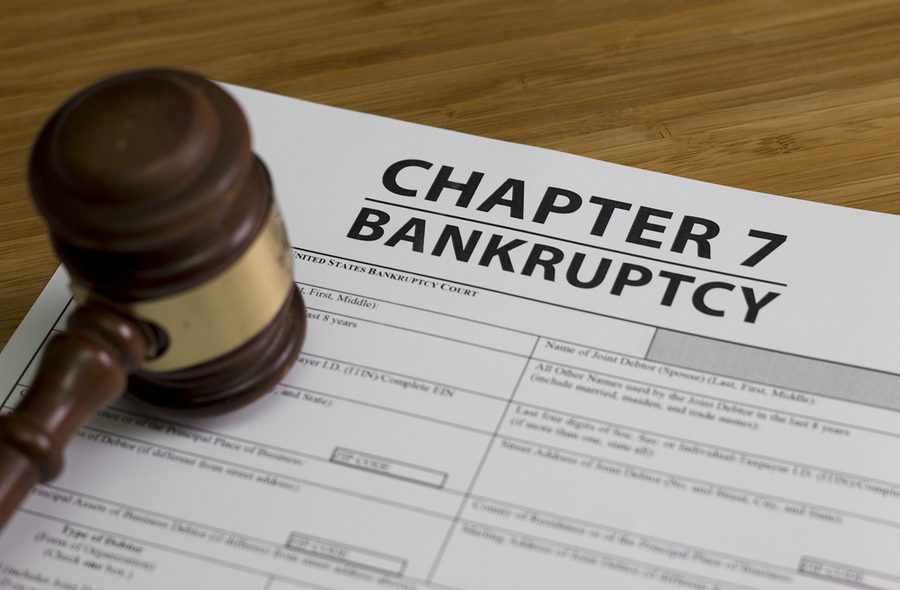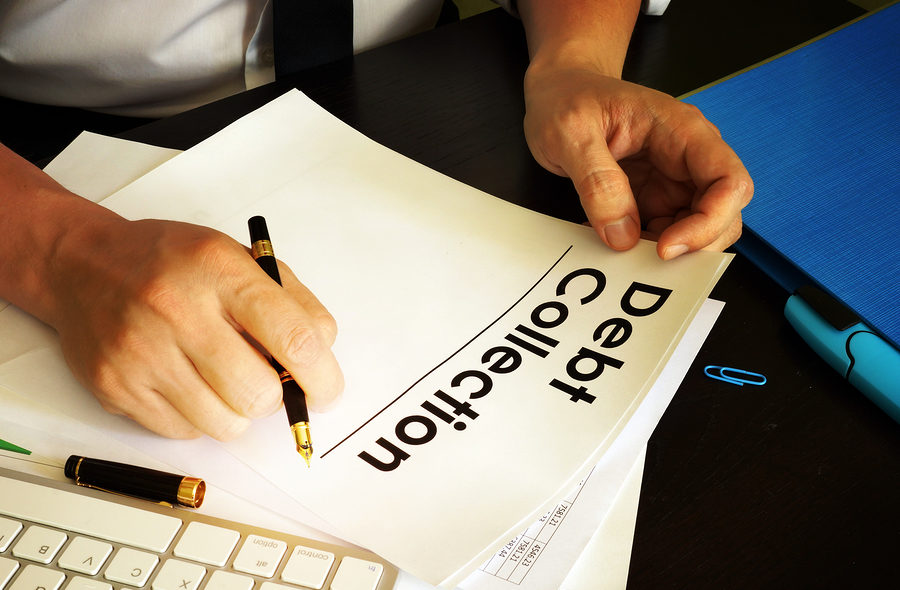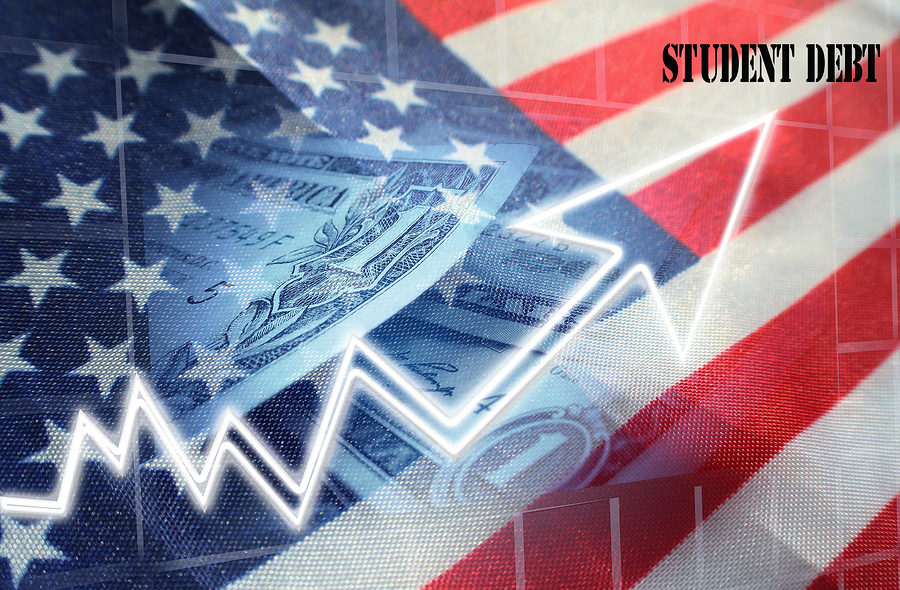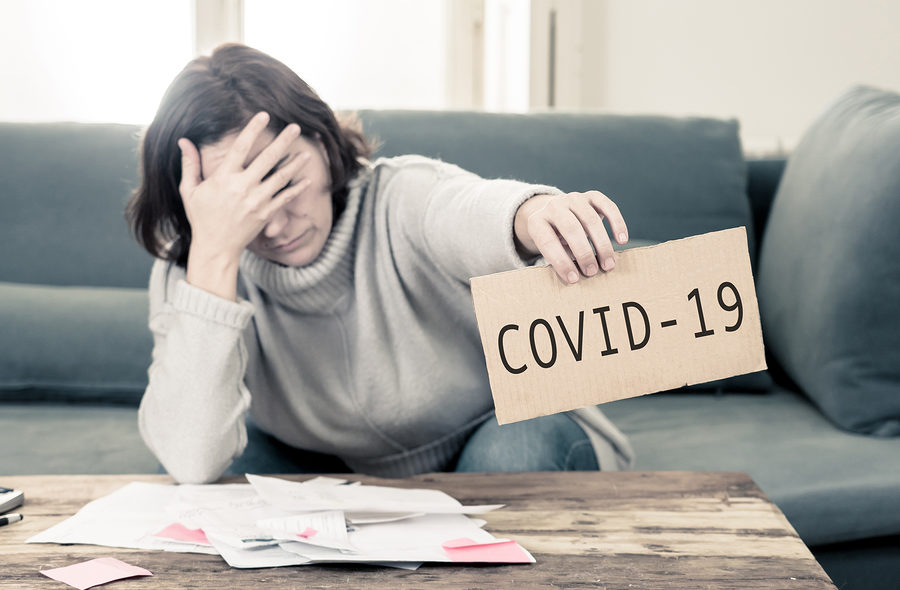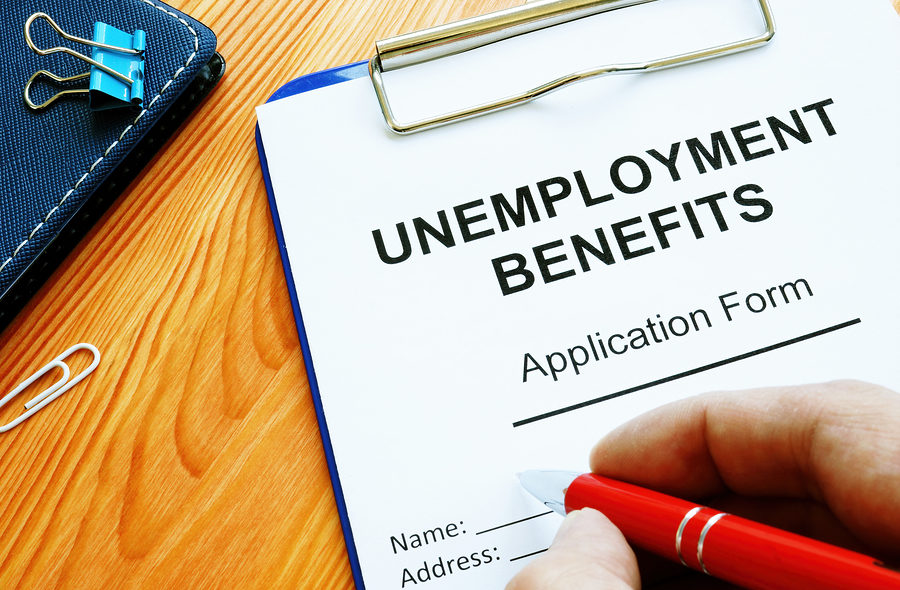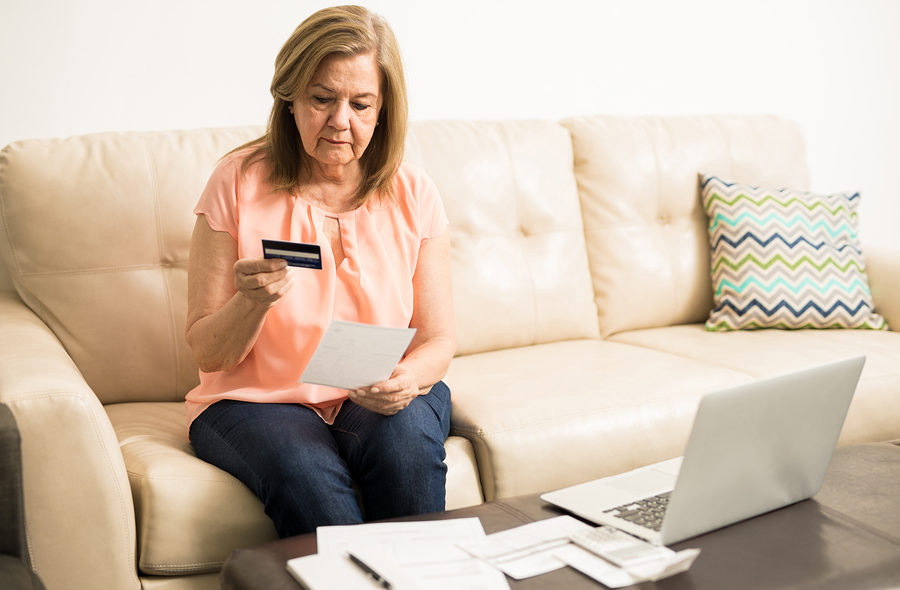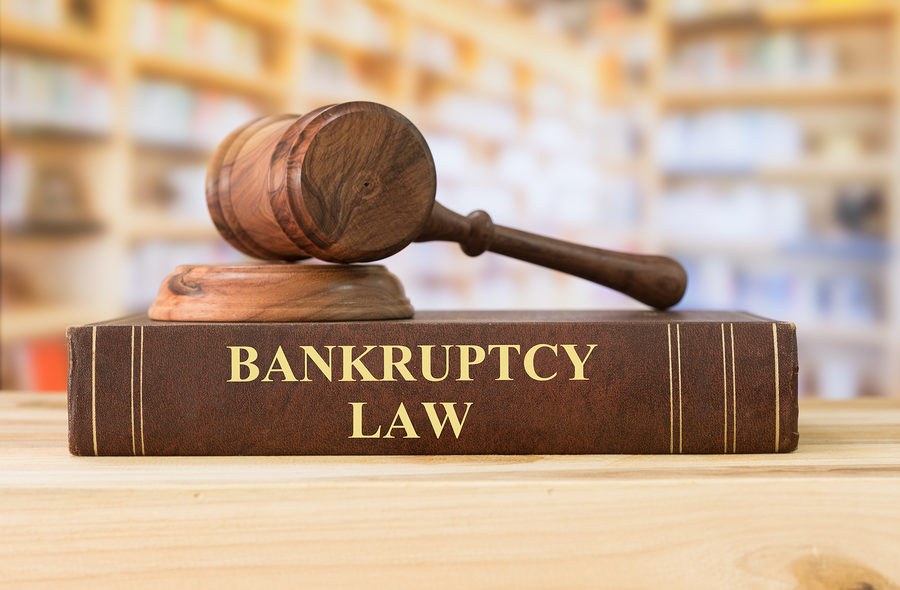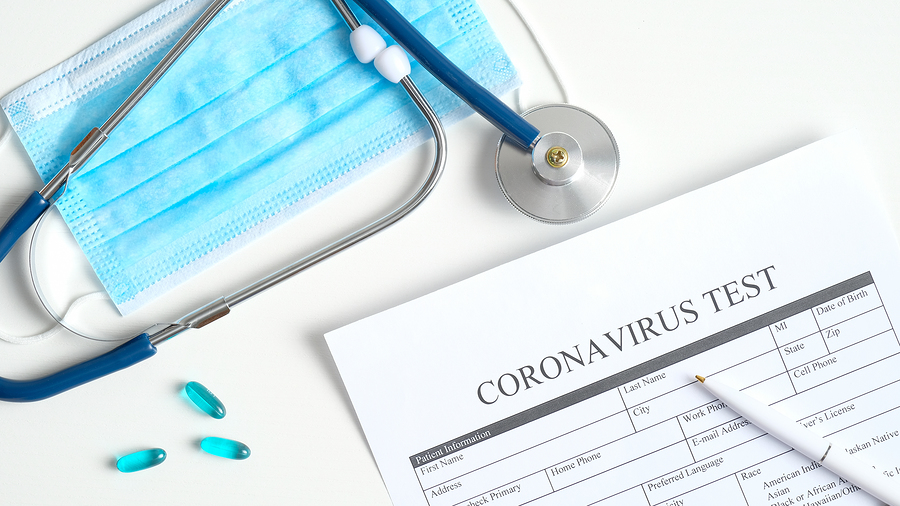A bankruptcy case can mean different things to different clients. For many of our clients, it means a chance at a fresh financial start. It also means freedom from crippling debt and an unending barrage of collection calls. It is for this reason that many individuals choose to file for Chapter 7 bankruptcy due to the many benefits this type of bankruptcy offers.
The benefits of filing for bankruptcy can include relief from debt collectors through the automatic stay issued at the start of the case, as well as relief of most of the filer’s debts, including medical bills, credit cards, personal loans, and other unsecured debts. By discharging these debts before they become legal judgments against the filer, he or she can avoid wage garnishment and repossession.

